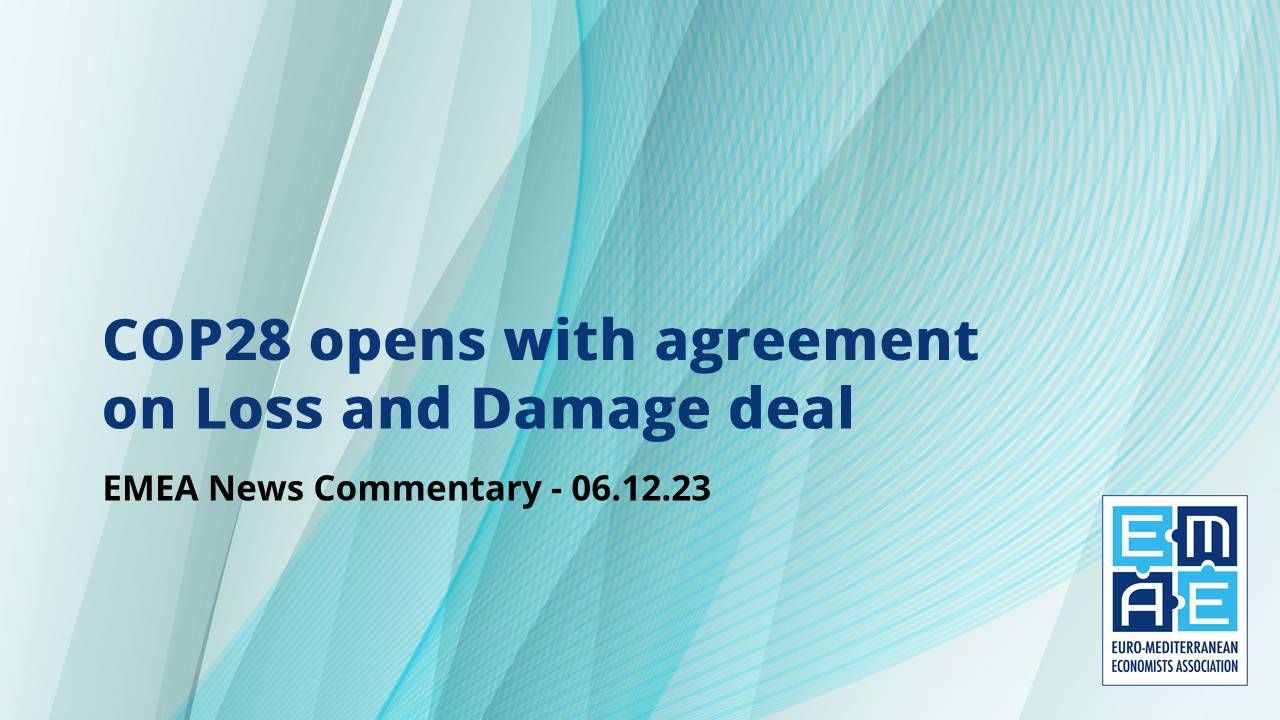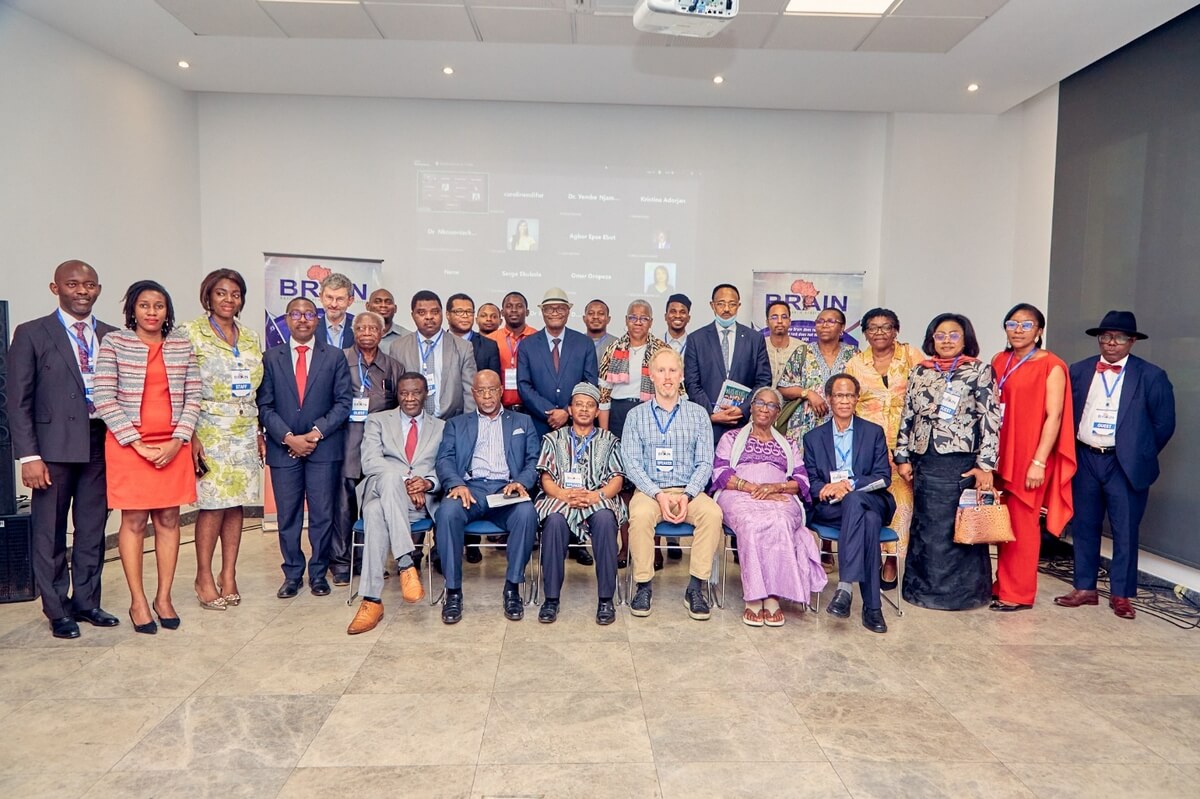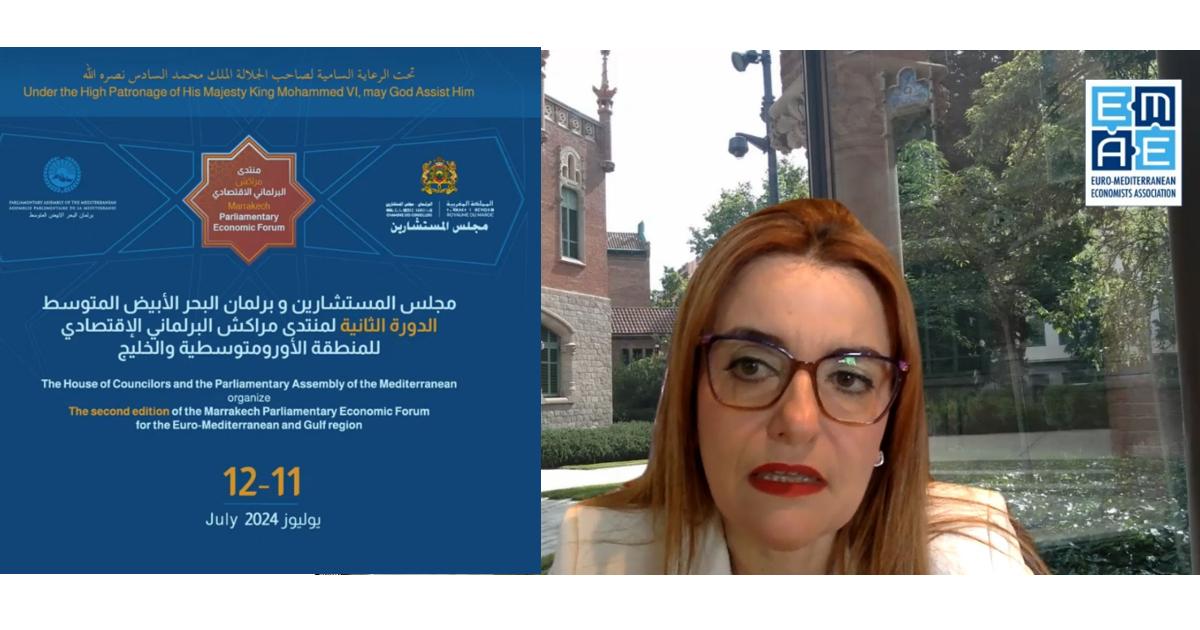Met with a standing ovation from delegates, the opening day of the COP28 UN Climate Summit was marked with a milestone deal to kick-start the much-vaunted Loss and Damage Fund – designed to assist the world’s most vulnerable nations in combatting the effects of climate disaster.
The United Arab Emirates (UAE) Summit hosts, along with Germany, have pledged $100 million to fight the mounting costs attributed to extreme weather and slow-onset events, like rising sea levels, glacial melt and ocean acidification.
As reported in The Guardian newspaper, Germany’s development minister, Svenja Schulze, said that Germany and the UAE were together “leading the way.” She also urged other “willing and able” countries to make their own contributions to the Fund, including nations who had become economically stronger in recent decades.
“In this way, we are building bridges between traditional donor countries and new, non-traditional donors. After all, many countries that were still developing countries 30 years ago can now afford shouldering their share of responsibility for global climate-related loss and damage,” she said.
The paper said that the initial Loss and Damage funding stood at close to $429m, with $245m coming from the EU, which included $100m from Germany, as well as $75m from the UK, $24.5m from the US and $10m from Japan.
The latest funding pledge would provide a much-needed boost for the agreement, the paper said, “as the loss and damage resolution does not mention scale or the replenishment cycle, which climate justice advocates say raises questions about the fund’s long-term sustainability.”
The announcement was also seen as “a major win” for the UAE presidency “amid controversy over the country’s oil and gas expansion plans.”
Sultan Al Jaber, the UAE’s COP28 President, who doubles up as CEO of the Abu Dhabi National Oil Company (ADNOC), proclaimed: “I am more confident than ever that we will deliver an unprecedented result.”
Keeping eyes on the prize
Simon Stiell, executive secretary to the UNFCCC, said as result of the announcement’s impetus, governments and their negotiators should “use this as a mentor to deliver truly ambitious outcomes here in Dubai. We must keep our eyes on the prize and every minute counts.”
Ghiwa Nakat, the executive director of Greenpeace Mena (Middle East and North Africa), said the host nation had shown leadership and urged other countries to follow suit. “Rich developed countries must step up with major contributions to the new fund and polluting industries must also be made to pay. If the COP presidency can build on this with a consensus agreement on a just phasing out of fossil fuels, COP28 will indeed be an historic event.”
Some studies have estimated the annual cost of loss and damage in developing countries to be in excess of $400 billion.
The plan is for the fund to initially come under the control of the World Bank, from where the money would be disbursed to the most hard-pressed regions.
Avi Persaud, an adviser to Mia Mottley, the prime minister of Barbados, said it had been “a hard-fought historic agreement” which recognised that loss and damage was “not a distant risk but part of the lived reality of almost half the world’s populations.
Whilst Christian Aid welcomed the Fund’s operationalisation, Mariana Paoli, the charity’s global advocacy lead, warned that much work was needed to ensure that the client vulnerable were given access to funding. Of concern, was the World Bank being the fund’s interim host.
“It needs to be closely scrutinised to ensure vulnerable communities are able to get easy and direct access to funds and the whole operation is run with far more transparency than the World Bank normally operates on,” she said.
And according to Mohamed Adow, the director of Power Shift Africa, the initial funding pledges were “clearly inadequate”. He added: “[It] will be a drop in the ocean compared to the scale of the need they are to address. In particular, the amount announced by the US is embarrassing for President Biden and John Kerry.”
COP28 Declaration of Leaders
The agreement fits nicely with the COP28 Declaration of Leaders on a Global Climate Finance Framework which pledged to make “Finance Available, Accessible, Affordable.”
The ten-point declaration included:
- Seizing the opportunity: Investing $5-7tn annually in greening the global economy by 2030, to achieve shared climate goals.
- Delivering on commitments and achieving ambitious outcomes: Supporting developing countries in achieving their climate objectives, with developing countries working towards the goal of jointly mobilising $100bn in the context of meaningful and transparent mitigation action through to 2025.
- Freeing up fiscal space for climate action: Creating an international financial architecture (public and private) capable of countering more frequent, profound shocks.
- Widening the sources of concessional finance for climate action: Mitigating against climate change and adapting and responding to climate impacts.
- Delivering just, country-owned transitions, leaving no one behind.
- Doubling down on country platforms: Enhancing platforms for energy transitions, forests and biodiversity, water and adaptation that converge development aspirations with climate and environmental challenges.
- Building better, bigger, and more effective MDBs: Recognising the G20 Independent Expert Group report on Strengthening MDBs, to better address global challenges such as climate change.
- Enhancing domestic resource mobilisation: Robust policy frameworks and financial incentives should be put in place to mobilise domestic investment at scale towards respective net-zero and climate-resilient development pathways.
- Unlocking a highway of private finance: Transition to a low-emission, climate-resilient economy, channelling finance from mainstream institutional investors to large scale clean infrastructure and driving private entrepreneurship to scale up clean business models.
- Delivering high-integrity carbon markets: Carbon markets remain an essential component of the climate finance architecture. Unlocking the potential of these markets to support implementation of the Paris Agreement.
The following countries have backed the declaration: Barbados, Germany, France, Colombia, Ghana, Kenya, India, Senegal, UAE, UK, USA.





